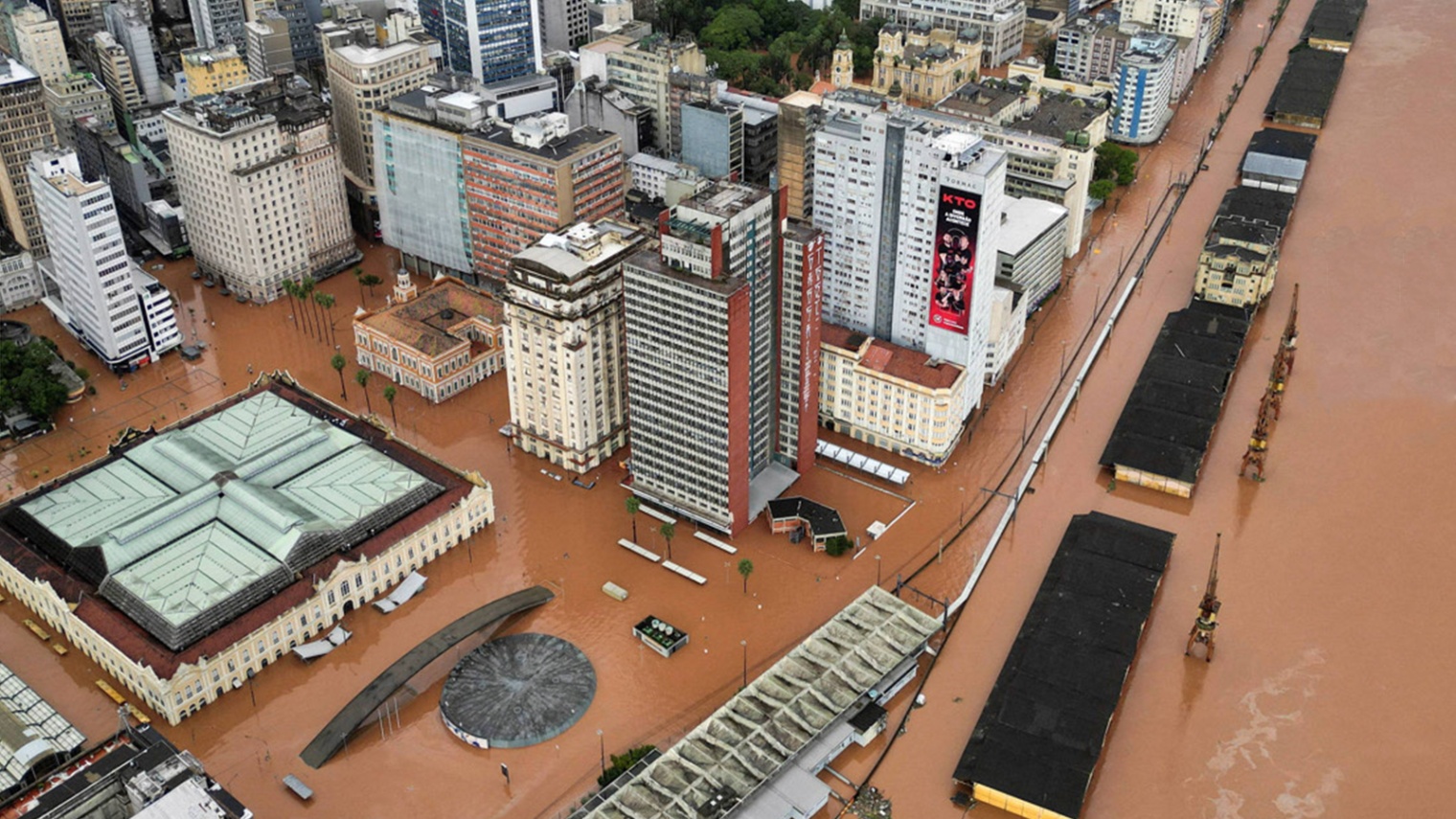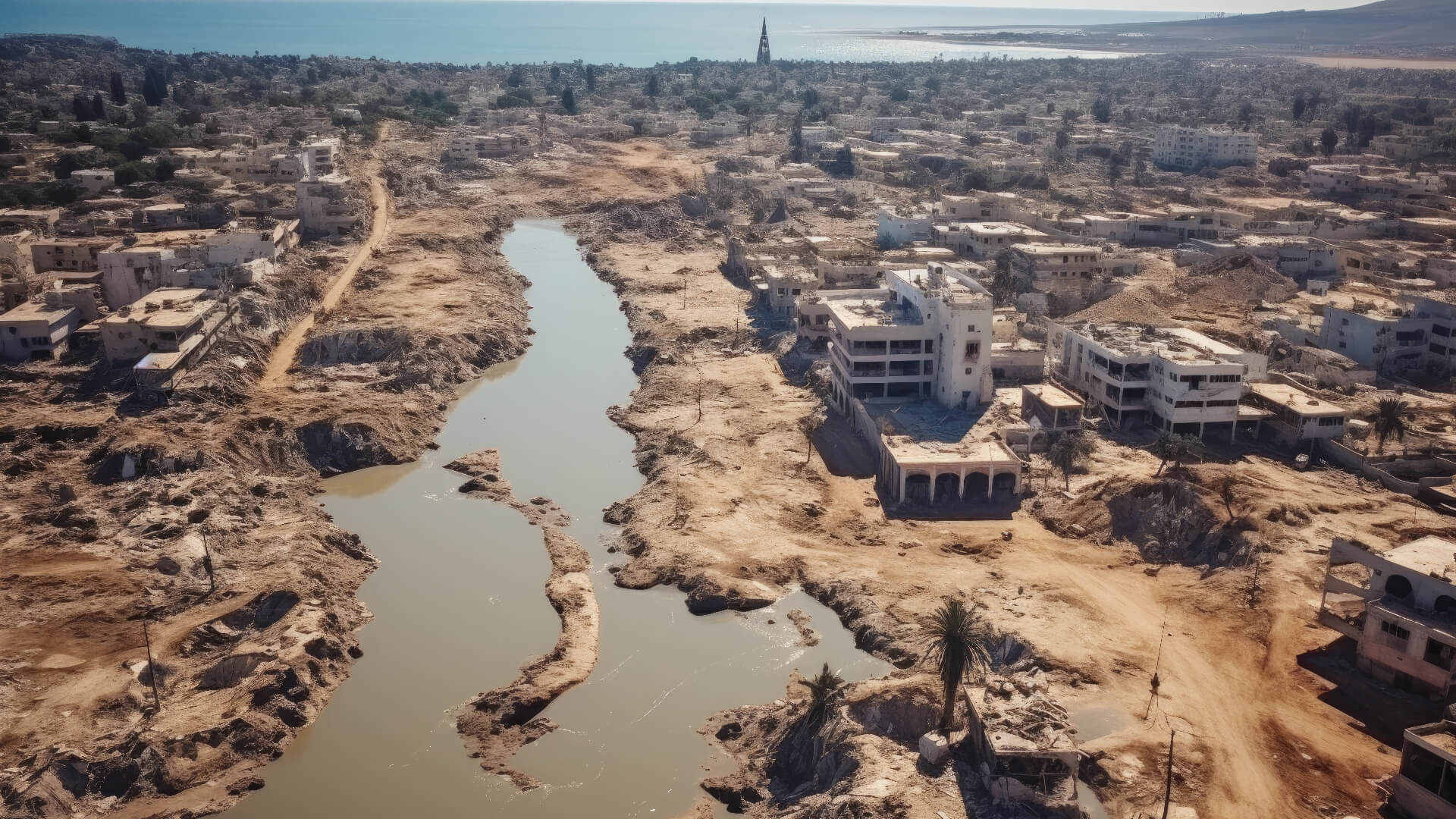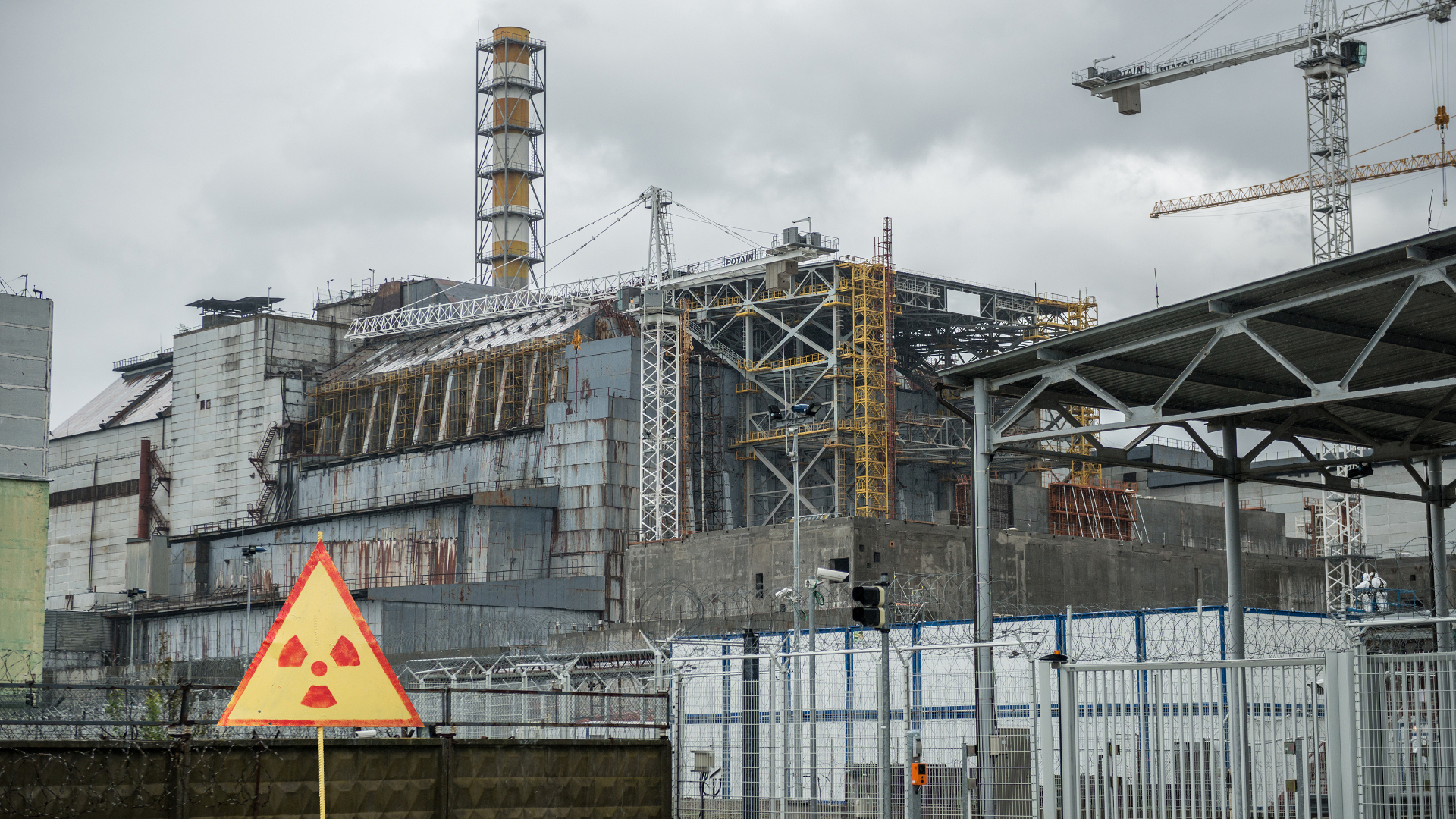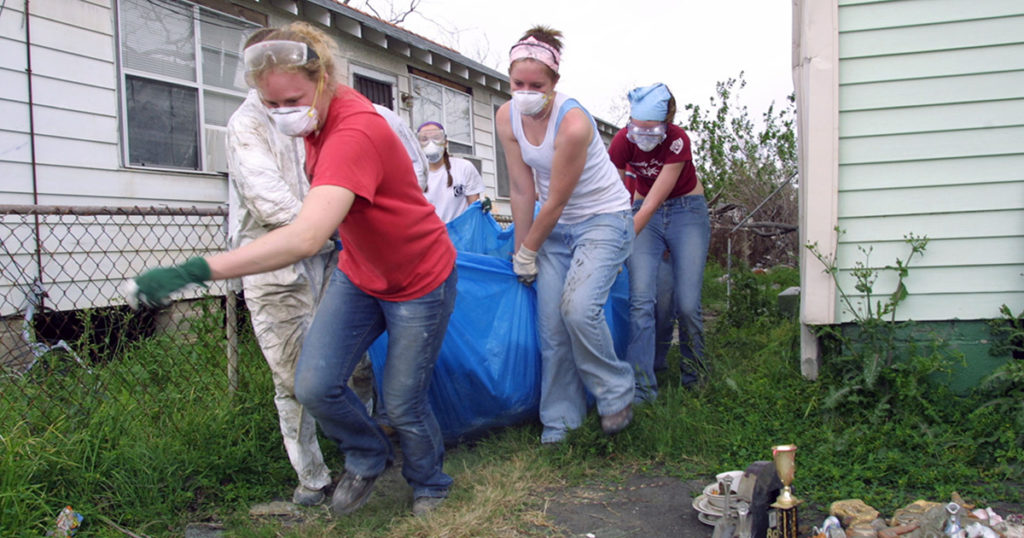Tag: disaster


Crisis in Brazil: How You Can Help Flood-Stricken Rio Grande do Sul
May 6, 2024 | Post
Brazil finds itself in sorrow. Students For Liberty volunteers are leading rescue efforts, aiding displaced families. Support their vital work.

Libya: a cautionary tale against interventionism
September 19, 2023 | Post
This month’s devastating floods affecting Libya have brought the country back to the forefront of international media. In the annals of international relations, Libya stands as a stark reminder of the perils of interventionism.

Why disasters should remind us of Bastiat’s wisdom
April 24, 2023 | Post
Disasters, such as the horrific earthquake that hit Turkey and Syria in February 2023, bring up a recurring myth — one that demands the wisdom of Frederic Bastiat.

Is Covid China’s Chernobyl?
April 4, 2023 | Post
Just as COVID has changed our lives in many ways since 2020, Chernobyl changed the world in 1986. These were two great disasters emanating from two major communist nations. The results and consequences of both will affect us for a very long time, maybe even forever.
As many will know, Chernobyl was instrumental in accelerating the end of the Soviet Union and is critical to our understanding of this period. However, could COVID be the key to understanding, in the future, perhaps, the end of Communist China?

Looking at randomness but seeing conspiracies
October 10, 2017 | Post
The wary cat has a theory of the world: “Stove burns you. Stay away from stove.”

This is the best way to provide relief after a hurricane.
September 27, 2017 | Post
When we experience a large decrease in supply, or an increase in scarcity, the price mechanism helps us know what to do next.
Prices are the moral rationing agents of market exchange.

Who are the most generous helpers in the wake of Hurricane Irma?
September 21, 2017 | Post
The media rarely celebrate ordinary people doing jobs for which they get paid. But the man selling several generators can be more impactful than the man giving one away.

FEMA should not favor zoos over houses of worship
September 15, 2017 | Post
It is a bedrock American principle that governments cannot discriminate against religious citizens and institutions.

How the government makes natural disasters so much worse
September 11, 2017 | Post
Many of the most expensive flood and storm disasters in US history have occurred in recent decades. The glib response is to blame the severity of these catastrophes on climate change, but are we looking in the wrong direction?

Why some people think Hurricane Harvey is good for the economy (and why they are wrong)
September 1, 2017 | Post
In times of disaster it’s natural to try to find a silver lining — but don’t go looking for it in broken windows. Not only is this line of thinking flawed, but it’s also patronizing to those whose lives have been affected by this tragedy.

How “price gouging” could help Houston right now
August 29, 2017 | Post
The invisible hand of the market reaches out to help people in a disaster, but anti-gouging laws cut it off at the wrist.

Louisiana Floods Reveal Age Old Broken Window Fallacy
August 22, 2016 | Post
Keynesian prognostication aside, natural disasters are always bad for economic growth.

